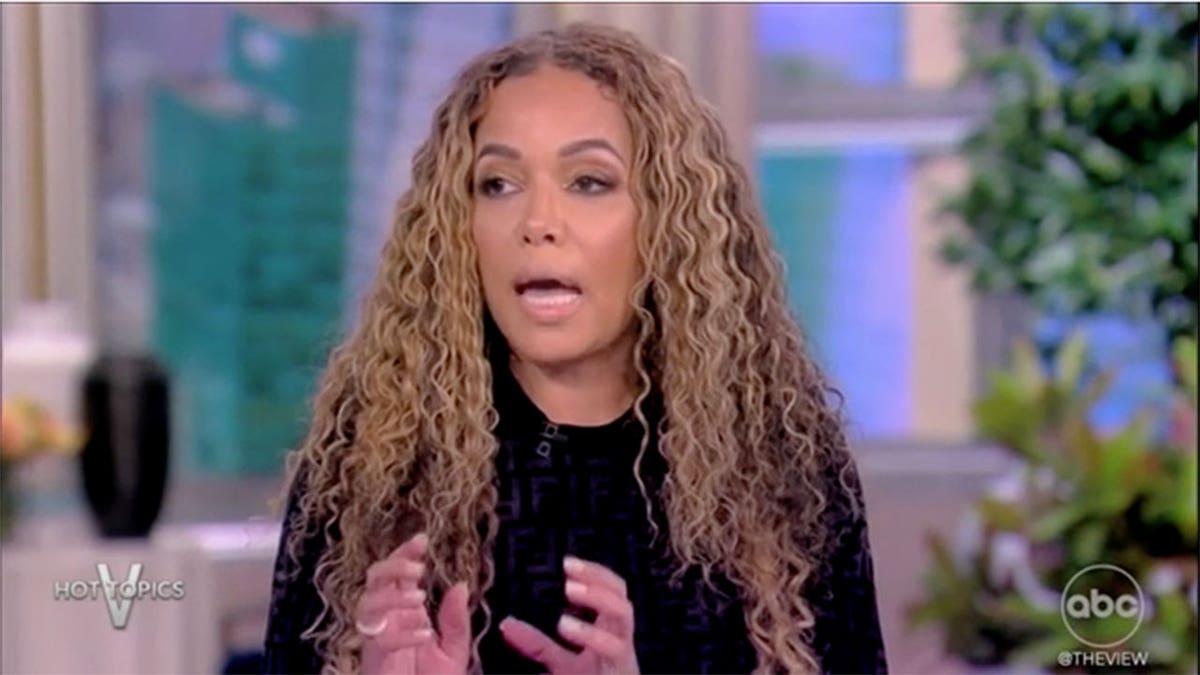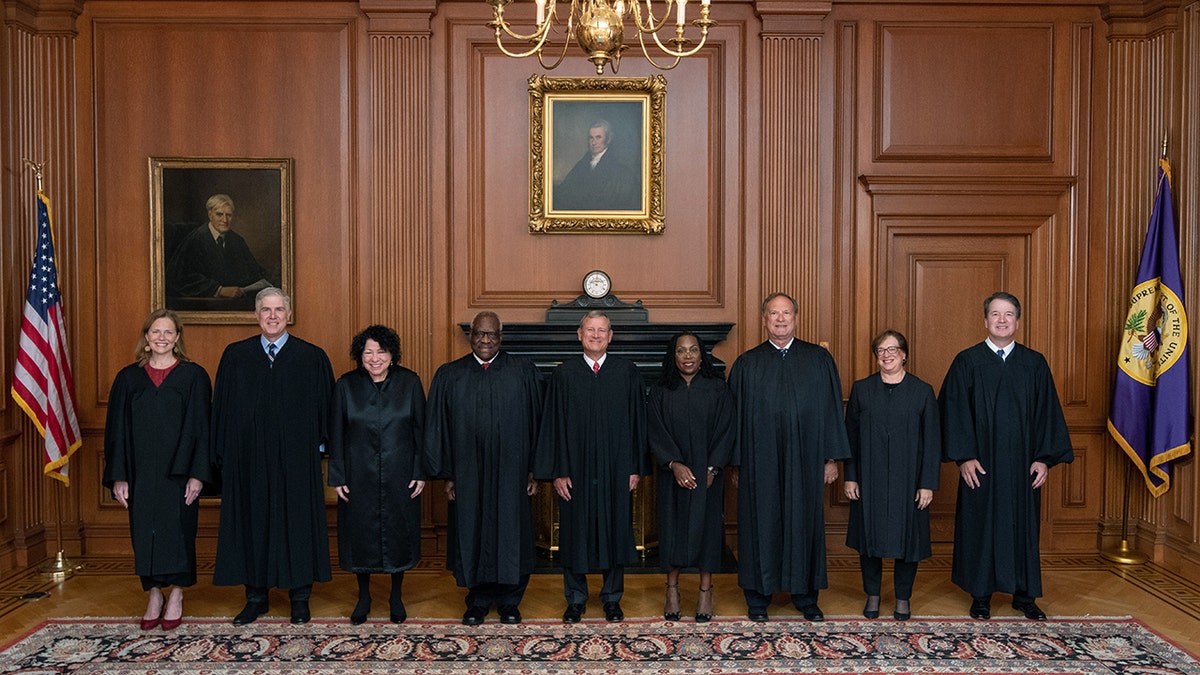Sara Haines and Sunny Hostin spar over affirmative action cases on 'The View'
'The View' hosts Sara Haines and Sunny Hostin went back and forth over the affirmative action cases before the Supreme Court on Wednesday.
"The View" co-hosts Sunny Hostin and Sara Haines went back and forth over the affirmative action cases before the Supreme Court and Hostin described the legal proceedings as being part of a "right-wing attack on our rights."
On Wednesday, while discussing the cases and Justice Clarence Thomas' remarks during oral arguments, Hostin said Edward Blum, the president of Students for Fair Admissions (SFFA), the organization that brought one of the lawsuits, is a conservative activist. SFFA is suing Harvard in one of the affirmative action cases before the Supreme Court.
"He claims to be a champion of Asian-Americans. That is not true. He claims that affirmative action harms Asian-Americans. That is not true. He first started with white women. That didn’t work. Now he’s trying with Asian-Americans, I think that is going to work," Hostin said. "The next attack is on LGBTQ+ rights and the next attack is on voting rights and they’re all before the Supreme Court. So I think what we need to do is recognize this for what it is. This is a right-wing attack on our rights. And it’s a concerted effort."
As Haines started to argue that Asian Americans are a big part of this, Hostin said she believed they were the "few."

"The View" hosts Sunny Hostin and Sara Haines sparred over affirmative action cases before the Supreme Court on Wednesday. (Screenshot/ABC/TheView)
KETANJI BROWN JACKSON CLASHES WITH ANTI-AFFIRMATIVE ACTION LAWYER DURING SUPREME COURT ARGUMENTS
"And it can be started by a guy like that, but it doesn’t disrupt the fact there is a personality rating that Asian-Americans are having trouble with in regards to a cultural difference. It's, I wouldn’t even say it's discriminatory, it’s downright racist. They’re judging them on a personality score and if you win on just test scores, which, by the way people think, high school grades first and then standardized test scores, 43% of the elite institutions would be Asian," Haines argued. "The problem with the civil rights movement was to say don’t discriminate against race because discriminating hurts a race. Fixing it with the same discrimination is going to hurt some other race."
Goldberg argued that wasn't what happened and suggested that they "adjust" what they're doing.
"It’s adjusting the standardized tests. It’s not stopping affirmative action because once that happens, someone can then say, ‘Well, you know, we have three Asian-American students. We’ve got enough,’" she said.
Hostin argued that taking race out of admissions was a "failed experiment."

A police officer patrols in front of the U.S. Supreme Court in Washington, D.C. (Emily Elconin/Bloomberg via Getty Images)
A TIMELINE OF SUPREME COURT CASES ON AFFIRMATIVE ACTION IN COLLEGE ADMISSIONS
"The point you’re touching on, Sunny, is important. Justice [Ketanji Brown Jackson] said in her explanation, aren’t other things taken into consideration, like if you’re a parent, if you're a vet, if you're the first one to go to college. She was even bringing up that diversity is different," Haines said before referring back to Thomas' comments, "I think what he’s saying, is this diversity only racial diversity."
The Supreme Court heard arguments on Monday in two landmark cases concerning affirmative action policies at Harvard and the University of North Carolina.

On June 30, 2022, Justice Ketanji Brown Jackson, fourth from right, took the oaths of office to become the 104th Associate Justice of the Supreme Court of the United States. (Collection of the Supreme Court of the United States via Getty Images)
CLICK HERE TO GET THE FOX NEWS APP
Some legal experts have said the court is likely to ban affirmative action in college admissions.









































